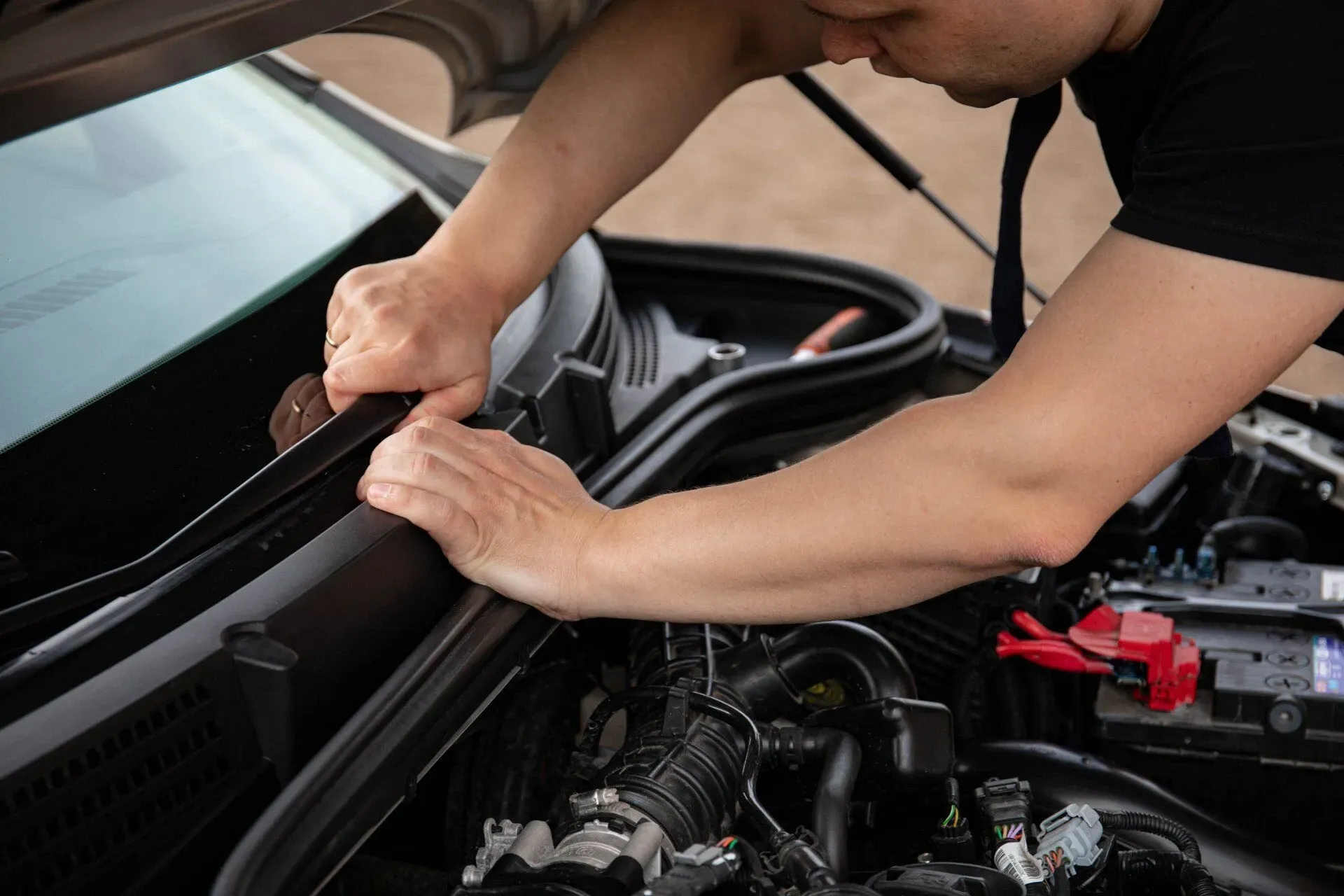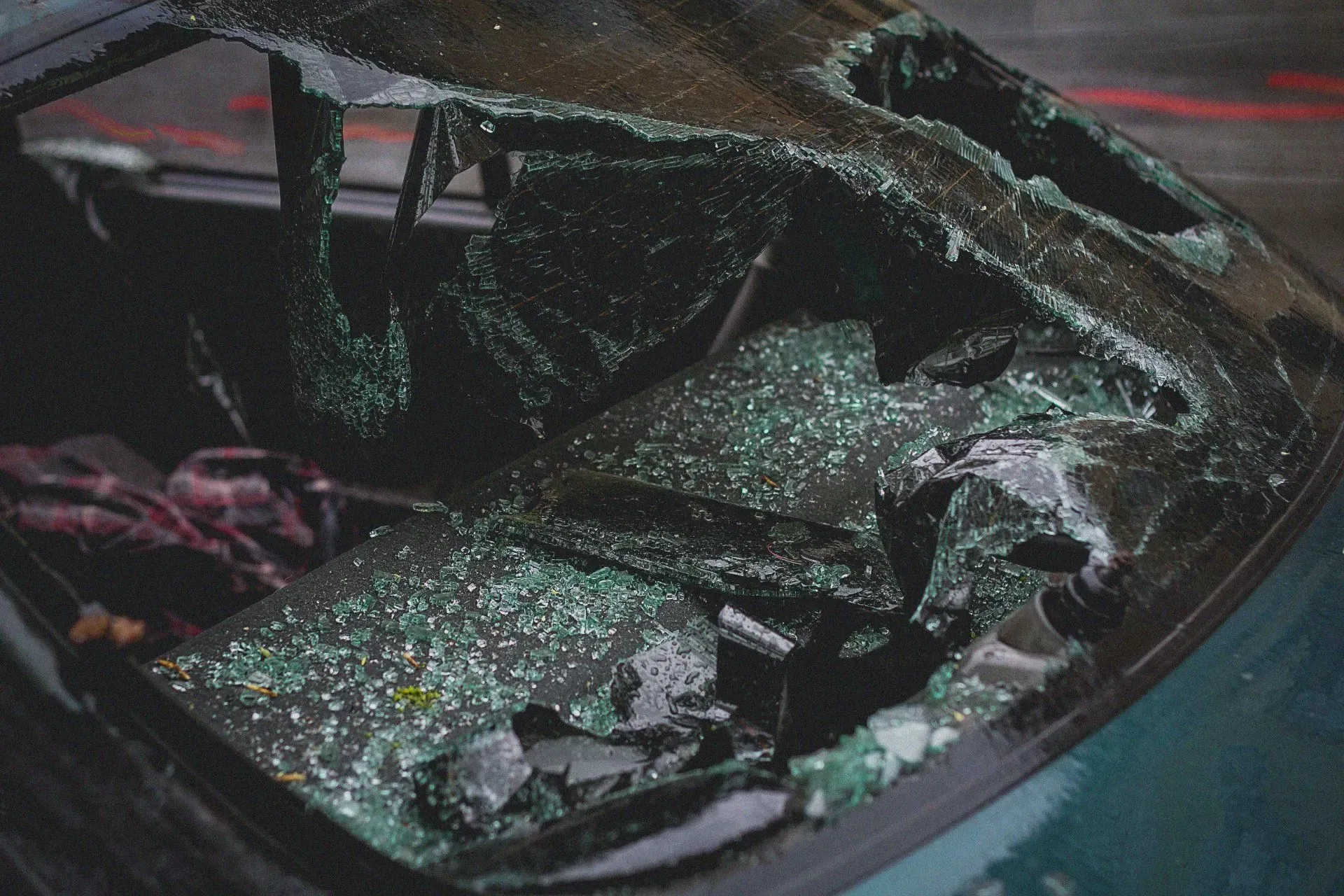Choosing the Right Windshield: OEM vs. Aftermarket Glass
When it comes to replacing your windshield, it's crucial to make an informed decision. The choice between an original equipment manufacturer (OEM) windshield and an aftermarket windshield can have significant implications for your vehicle's safety, quality, and cost. In this article, we will explore the differences between OEM and aftermarket glass, helping you understand the pros and cons of each option. By the end, you'll be equipped with the knowledge to choose the right windshield for your needs.

Understanding OEM Windshields:
OEM windshields are designed to match the specifications of your vehicle's original windshield. They are manufactured by the same company that produced your car's original glass, ensuring a perfect fit and seamless integration. OEM windshields offer superior quality, clarity, and durability, as they are built to meet the highest standards set by the manufacturer. These windshields are safer, providing the same level of protection as your original glass [2].
Despite their advantages, OEM windshields come with a higher price tag. Insurance coverage for OEM windshields may vary, and some policies may not fully cover the cost. It's important to check your insurance policy for coverage details before making a decision. If cost is not a significant concern and you prioritize an exact match for your vehicle, an OEM windshield is the ideal choice.
Exploring Aftermarket Windshields:
Aftermarket windshields are manufactured by third-party companies and are not produced by the original manufacturer of your vehicle. These windshields are often more affordable than OEM options, making them an attractive choice for budget-conscious individuals. However, it's important to note that aftermarket windshields may vary in thickness, color, and UV protection [2].
While aftermarket windshields can offer good value for money, they may not meet the same quality standards as OEM windshields. Some aftermarket windshields might not fit as precisely or provide the same level of clarity and durability. It's essential to choose a reputable and experienced business for windshield repairs and replacements to ensure you receive a high-quality aftermarket windshield that meets industry standards.
Choosing a Professional Repair Shop:
Regardless of whether you opt for an OEM or aftermarket windshield, selecting a professional repair shop is crucial. Look for a shop that specializes in windshield replacements and has a solid reputation for quality workmanship. Consider factors such as experience, certifications, customer reviews, and warranty offerings. A reliable repair shop will guide you through the selection process, provide expert advice, and ensure the installation meets safety standards.
Filing an Insurance Claim:
If your insurance policy covers windshield replacement, it's essential to follow the proper procedure to file a claim. Begin by contacting your insurance provider to understand the coverage details and any requirements for windshield replacement. They will guide you through the process and provide necessary information, such as deductible amounts and preferred repair shops [2].
After the windshield replacement, ensure you keep all receipts and documentation related to the repair. Most insurance companies require proof of payment for reimbursement. Submit the receipts to your insurance company promptly to expedite the claim process. Being organized and proactive will help you navigate the insurance claim process smoothly.
Conclusion:
Choosing the right windshield involves considering various factors such as safety, quality, cost, and personal preferences. OEM windshields offer a perfect fit and superior quality but can be more expensive. Aftermarket windshields provide affordability but may vary in quality. Selecting a reputable repair shop is vital, irrespective of the type of windshield you choose. By following the steps outlined in this article, you can make an informed decision and ensure a safe and satisfactory windshield replacement experience.
If you're in Florida and need assistance with insurance claims for windshield damage, consider Florida Mobile Glass. They are a trusted provider of windshield repair and replacement services, specializing in both OEM and aftermarket glass. With their expertise and commitment to customer satisfaction, they can guide you through the insurance claim process and deliver high-quality windshield solutions. Contact Florida Mobile Glass for more information and to schedule an appointment.
References:
[1] Explore the benefits and drawbacks of both OEM and aftermarket glass for a windshield replacement. Learn which one is the best suited for your vehicle.
[2] When it comes to selecting a windshield replacement, there's no universal answer — the choice depends entirely on your preferences and needs. When replacing your windshield, you have the option of choosing an OEM windshield, which is identical to your original windshield and fits seamlessly into your car, or an aftermarket windshield, which may vary in thickness, color, and UV protection. OEM windshields are safer and better aligned with the make of your car but are more expensive and may not be covered by insurance. Aftermarket windshields are more affordable but may not meet the same quality standards. It is important to choose a high-quality, efficient business for windshield repairs and replacements.
You might also like




